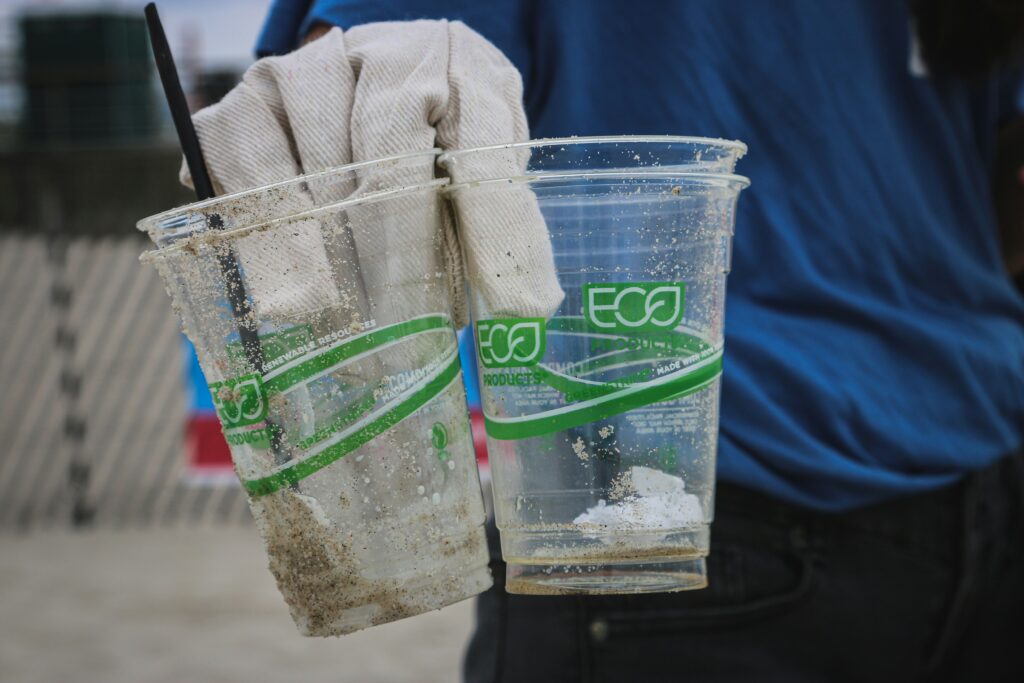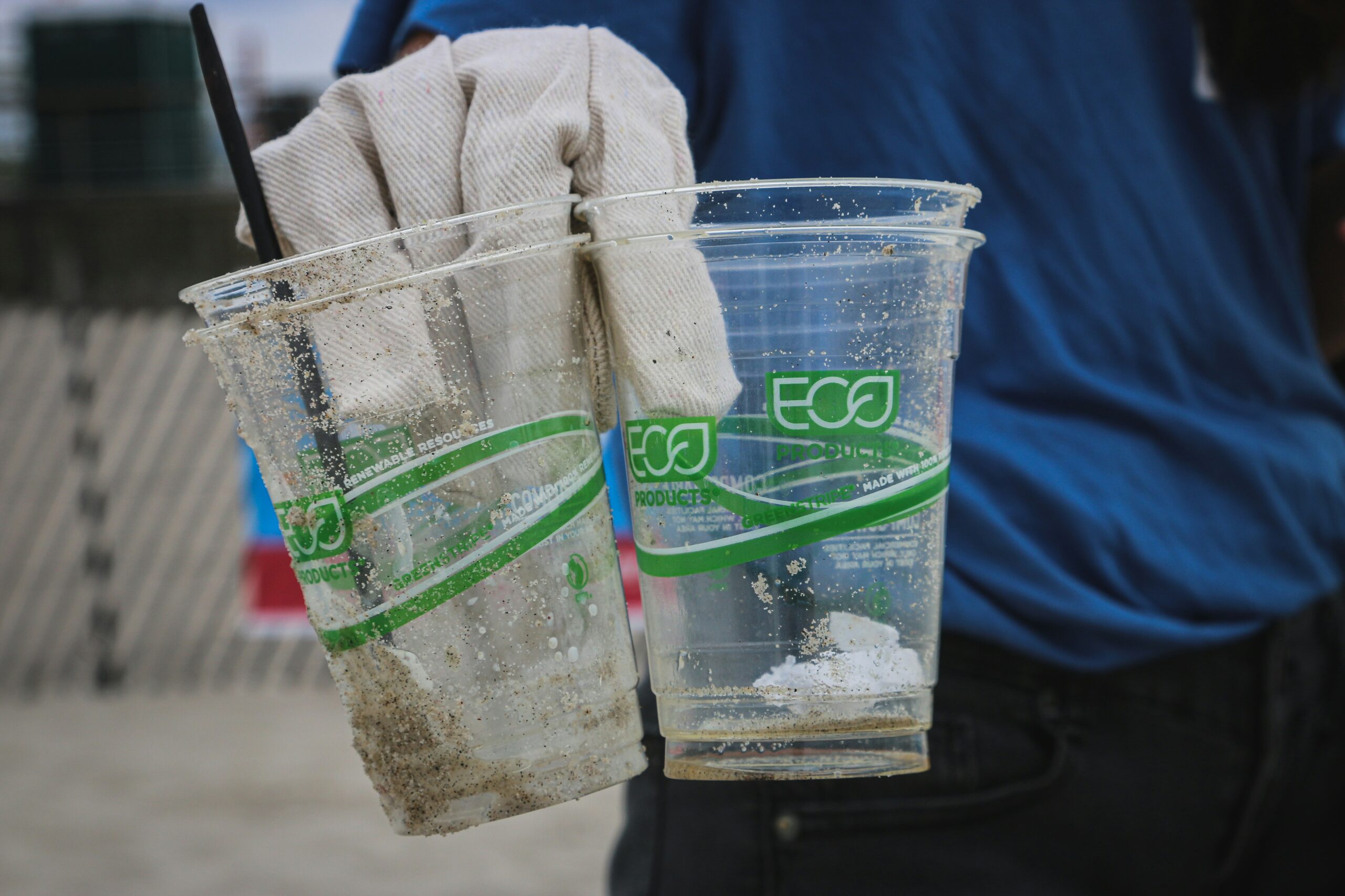Welcome to the A to Z of Eco! I’ve set myself the challenge of coming up with a list of sustainability-related words to help those of us getting started on the journey. G is for greenwashing.
As we are becoming more and more aware of environmental issues, businesses are increasingly publishing their sustainability promises. In an effort to attract our business, companie make promises that can often be misleading, exagerated or down right lies. Essentially, they are practicing greenwashing so that it appears they are doing more than they actually are. But how do we recognise it and what can we do about it? How can we make businesses more accountable? Do we have any power at all?
What is Greenwashing?
Greenwashing is the act of misleading consumers about a company’s environmental practices, sustainability pledges or the environmental benefits of a product. It involves creating a false impression of eco-friendliness to attract environmentally conscious consumers. Companies engage in greenwashing to boost their public image, increase sales, and gain a competitive edge in the growing market for sustainable products.

How can we recognise Greenwashing?
If you are concerned about a company’s green credentials, start by reading their sustainability pages. Most companies will have this on their website somewhere or you can contact them for it. You might notice:
- Vague Terminology: Some companies use ambiguous terms like “eco-friendly” or “green” without providing concrete details about their environmental efforts. This lack of specificity allows them to create a green image without making substantial changes.
- Misleading Imagery: Pictures of lush landscapes, clean water, or happy animals on product packaging can create a false association with environmental responsibility. Without actual evidence of sustainable practices, these images serve as mere marketing tactics. You can source stock images from a lot of places very easily.
- Irrelevant Certifications: Some companies showcase certifications that are unrelated to the environmental impact of their products. This can mislead consumers into thinking a product is eco-friendly when, in reality, the certification may be irrelevant to the environmental claims being made. If you are concerned, certification bodies such as The ISO have a lot of information on their websites. Other certification organisation such as the World Fair Trade Organisation are helpful too.
- Token Environmental Efforts: Highlighting a minor environmental initiative while downplaying more significant issues is a classic greenwashing strategy. Companies may promote a small “green” initiative to distract from larger environmental concerns within their operations. Clothing companies do this; highlighting a small change to plastic usage while ignoring the consumption issue of fast fashion and their manufacturing processes.
What is the big deal with greenwashing?
So why should we care? At least companies are doing something right? Well, not really….not at all actually. It’s easy for consumers to be lulled into a false sense of security. We can be made to think we’re making the right choices when we aren’t getting the full facts. If nothing else, we aren’t making informed choices and are being deceived. At worst, the illusion of eco-friendliness allows companies to continue their harmful proactices without reproach or public backlash.
Other, genuine businesses can be effected too. Larger companies often overshadow smaller ones and if they are making big, exagerated claims this skews the market away from smaller companies that are genuinely making intentioned changes and investing in real sustainable processes.
How can we hold companies accountable?
So what can we do about it? Mostly, we can educate ourselves. By becoming more aware of the impact of greenwashing and making sure we are armed with resources to shop responsibly, we can soon make businesses know that we will shop elsewhere.
Activism goes a long way too. If you’re concerned about a companies ethical practices, write to them. Ask them to explain the sustainability pledge. What they are doing about making their business more eco-friendly? What are their targets and when? A reputable company will be able to provide assurance of their goals and will be honest about where they are not meeting them and where they want to improve.
Greenwashing is a pervasive issue that requires collective efforts to combat. As consumers, we have the power to demand transparency, research product claims and support businesses genuinely committed to sustainability. By holding companies accountable and fostering a culture of authenticity, we can contribute to a more genuinely eco-friendly and sustainable future.
Check out the rest of my A to Z of eco here.

